Russia and the Global South
A research project that explores how Russia reinvents itself as a Global South power and how the Global South positions itself on the war
ABOUT
Russia and the Global South
Russia’s new anticolonial narrative may seem in direct contradiction to the Kremlin’s imperial language on the war in Ukraine. Yet in the Global South, where both elite and popular cultures are deeply shaped by the memory of anticolonial struggles and the Non-Aligned Movement tradition, Russia’s language resonates.
Seen from the Global South, Russia’s actions are the byproduct of a broader, systemic context of Western domination and normative expansion. With the war, Global South countries have been able to consolidate their transactional foreign policies and use the war to assert their autonomy toward Western actors so that Russia’s weakening does not result in the West’s increased influence but in a more multipolar order.
This research project explores the evolution of Russia-Global South relations, as an invitation to “de-Westernize” our views on Russia. It is time to challenge the primacy of Western-centric analytical lenses put on Russia and engage with scholarly practice and experience from the Global South.
This research project explores the evolution of Russia-Global South relations, as an invitation to “de-Westernize” our views on Russia. It is time to challenge the primacy of Western-centric analytical lenses put on Russia and engage with scholarly practice and experience from the Global South.
WHAT WE DO
Read our latest publications
Subcribe to our newsletter
You will be receiving bi-weekly newsletter with the most relevant Russia-related research news

